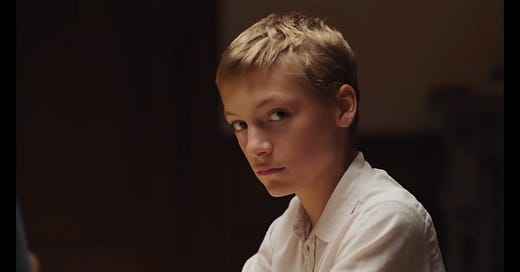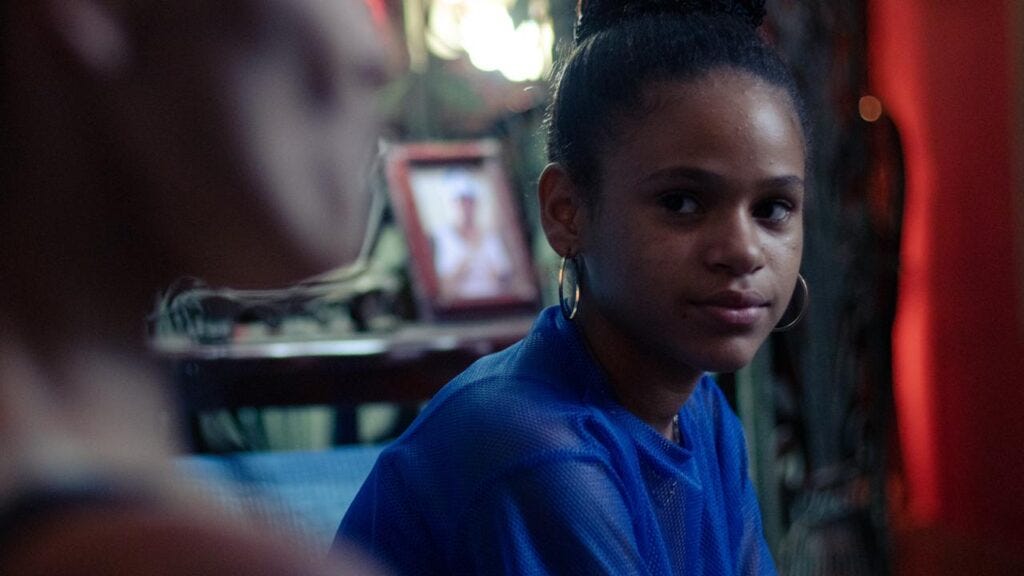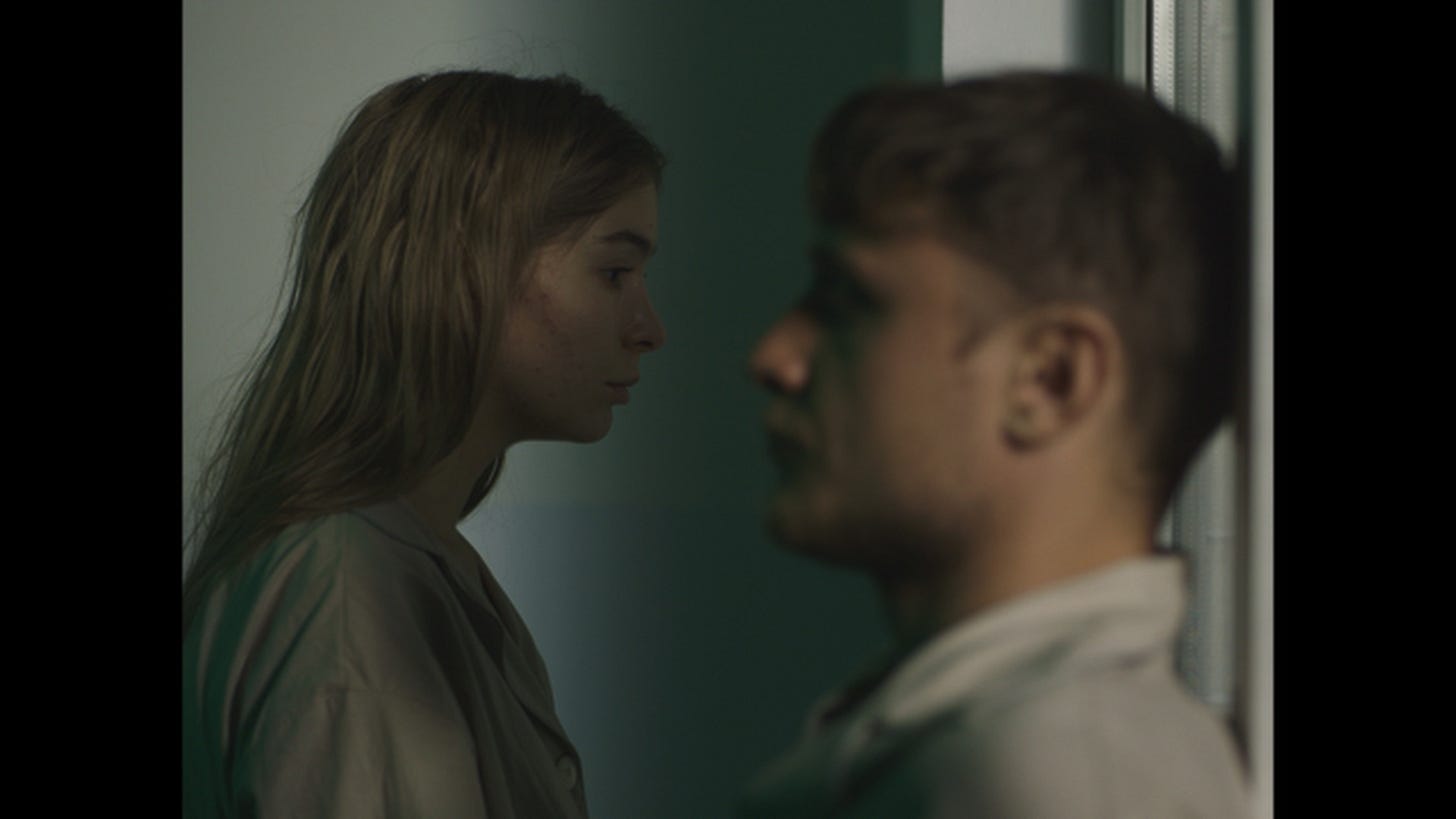International Films Edition: Close, Bantú Mama, and Imaculat
Three Academy Awards Contenders In A Rich International Field
Every year I try to watch more and more of the films in the Academy Awards’ Best International film field. Last year, I managed to see 25 films. This year, I’ve already surpassed that number. My goal, currently, is to watch half of the field before the Oscars. Attending Karlovy Film Festival in the Czech Republic, TIFF, and Chicago International Film Festival made the prospect easier. And so has Virginia Film Festival, where I ticked a few more titles off my list.
This is part of a continuing series. So before I get to my latest three watches — Close, Bantú Mama, and Imaculat — here are the previous editions:
11/7/2022
11/12/2022
Now, onto the newest three watches from the Best International Film field.
Close
I hate, hate, hated Lukas Dhont’s Close. Belgium’s submission to the Academy Awards is the kind of weepy, melodrama for the straights that devolves into an infuriating, bore. It concerns bestfriends Léo (Eden Dambrine) and Rémi (Gustav de Waele), 13-year old boys with an intense bond born from a fun, playful summer spent together. They lap up every second with each other by sleeping in the same bed together and playing imaginary games. They find further comfort in their corresponding presence, sometimes on the other’s stomach under the warmth of the sun. When they return to school the other children tease their possible homosexuality. Léo spins into a gay panic, ultimately pushing Rémi away to tragic ends.
Close is sorta like if you made Moonlight from Kevin’s perspective. Which isn’t on its face an uninteresting angle. But Close takes a shallow approach to Léo, wallowing in his self-guilt. It’s a miserabilism that gleefully uses another’s pain as a teaching moment for narratively facile results. Unlike Moonlight, Dhont’s film works on one level (and “works” does some heavy lifting). While Dambrine gives an affecting performance, he’s in service of a beautifully shot but emotionally manipulative, overlong picture.
Bantú Mama
There are so many traps lurking in a narrative like Ivan Herrera’s Bantú Mama (a film presently available on Netflix). It could easily slip into colorism or an uncomfortable Eurocentric saviorism. But it avoids such hazards. The film begins like a thriller: A single Cameroonian woman living in France named Emma (Clarisse Albrecht) is caught trying to smuggle drugs into the Dominican Republic. In a maddening chase scene, Emma escapes, washing ashore at the feet of Tina (Scarlet Reyes) and Shulo (Arturo Perez), two local teenagers.
Emma takes shelter at their home, where she meets their youngest brother Cuki (Euris Javiel) and becomes a surrogate to the trio. The sharp Tina, portrayed by an unforgettable Reyes, immediately sees Emma as an avenue to give Cuki a new life by smuggling the pair out of the country together.
Herrera, however, doesn’t wholly affix the film to that possible salvation. He takes a keen interest in the African diaspora, how Emma pines to visit the continent, and the bringing together of the Caribbean and Europe under one roof. Once the quick dash plotting subsides, the film slows to a quiet, meditative pace. A near verité perspective seeps into the lens’ intimacy for a naturalistic collage of a downtrodden a village, a tiny, ramshackle apartment, and the dreams these characters could achieve if systematic circumstances didn’t impede their livelihoods.
Imaculat
Of the trio of films outlined, George Chiper and Monica Stan’s Imaculat, Romania’s submission to the Academy Awards, might be the hardest to stomach. That tone isn’t totally new for Romanian cinema; the country’s submission last year was the kinetic, dark humored pandemic satire Bad Luck Banging or Loony Porn, a film that opens with an unassimilated sex scene that becomes the narrative’s dramatic and comedic fulcrum to interrogate the hypocritic morality of the character’s universe.
Imaculat, however, relies on a slightly different discomfort. Diara (Ana Dumitraşcu), an in-over-her-head, 18-year old heroin addict, arrives to a rehab clinic on orders from her mother. While Diara’s boyfriend, presently imprisoned, got her hooked on the drug, she aches to see him more than she ever does for heroin.
As one of the few women among a mostly male population, Diara becomes a target for the nefarious, sex craven male patients. The burly Spartac (Vasile Pavel) and the beguiling Costea (Cezar Grumăzescu) are the primary guys impacting her precarious landscape. And the other, preying men easily dispel or reinforce the hold these two guys have on her. The frenetic, unpredictable mood owes to the Czech New Wave, particularly in the ways innocuous gestures spin toward violent breaches of personal boundaries, rendered through a claustrophobic 4:3 aspect ratio, which purposely dares the audience to turn away. Diara’s inability to pull away from her toxic boyfriend follows a similar pattern, and by the end, we are left to hope she has discovered some semblance of independence while staying in this conniving hellhole.






It’s important to note that Bantú Mama is as much Clarisse Albrecht’s film as it is Herrera’s considering they co-wrote it and much of the themes explored are based on her life experiences